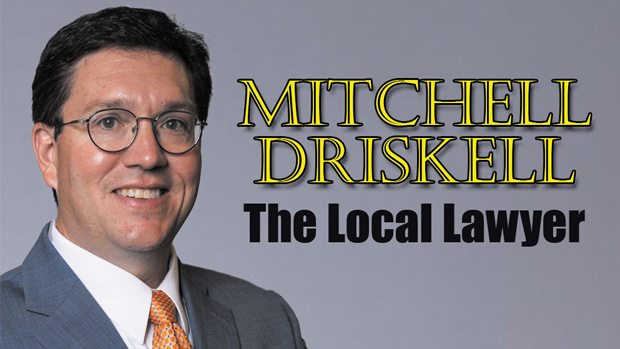
Animals are People Too
Happy the elephant is at the Bronx Zoo. Animal rights activists sued the zoo for Happy’s release to an animal sanctuary arguing that animals should be categorized as persons in the eyes of the law.
The law has persons and objects. Persons have personhood rights. Objects have no rights, rather, objects are owned by persons who decide what to do with their objects.
The activists argue that intelligent animals are closer to persons than objects, and, as persons, that the legal principle of habeas corpus, which guards against illegal detention, should be extended to emotionally complex and intelligent animals such as Happy.
Activists filed a lawsuit demanding Happy’s release. When they lost at the trial level, they appealed. They lost the appeal with the Court finding that the principle of habeas corpus secures “the liberty rights of human beings who are unlawfully restrained, not nonhuman animals.”
Happy’s loss follows the 2014 New York case of Tommy the chimpanzee. Tommy was in the entertainment business until he got too old to perform, and, at the time of his lawsuit, he was kept in a small cage in a warehouse. Tommy’s case was the first “nonhuman rights” case where activists argued that animals should be persons.
Tommy’s activists pointed to legal history where women, certain races, indigenous people, slaves, and others were not seen as “people,” and the law should similarly change for chimpanzees. But those are all humans, you might say, but the activists say that intelligence, not species membership, should determine whether a being gets personhood rights. Tommy lost.
Now Happy has lost. But the nonhuman rights activists say they will never give up.
Gooding Pleads Guilty to Sexual Assault
Three years ago, in the height of #MeToo, Oscar-winner Cuba Gooding Jr. was accused by 19 different women of sexual harassment and faced criminal charges in New York concerning a waitress who said Gooding kissed her on the lips without her consent.
He has now pled guilty to “forcibly touching a woman” and must undergo counseling and serve probation. Gooding’s lawyers were trying to get the Judge to rule that other accusers could not testify at trial, making his criminal trial about the one waitress and no other accusations. But the Judge sided with the prosecution and ruled that two of the other 19 women made accusations so similar to the waitress’s accusations that those women could testify at trial.
Facing the same story, told three times by three different women, Gooding decided to take the plea deal. His lawyers said that the Judge’s decision made the risk of a conviction too great. And that is how criminal cases, really all kinds of cases, often go, the Judge’s decision about what evidence will be presented to the jury greatly influences whether the case will go to trial and how the people involved settle or resolve the case.
If a criminal defendant wins the evidentiary Motions, then the prosecution is more likely to dismiss, retire, or reduce the charges. If the prosecution wins those motions, then the defendant is more likely to plead guilty to a serious crime.
On TV, the lawyers argue about the trial evidence to the Judge during the trial, but that is not how it works. It is all played out and decided before trial and usually makes one side want to avoid the risk of trial.
Bruce’s Beach
In 1912, the Bruce family purchased 20 acres of beachfront property in Manhattan Beach, California. The Bruce family is Black, and “Bruce’s Beach” became one of the few beaches, and beach-side resorts, in Los Angeles that allowed Black beachgoers to enjoy the sun, sand, and surf.
The city was having none of that and took the property from the Bruce family using the power of eminent domain, which is the government’s power to take private property for government use. The city demolished the resort, but the city never did anything with the property except make it a public beach. Ownership was eventually transferred to Los Angeles County.
The Bruce family always wanted the property back and found help several years ago from the Sidley Austin law firm. Sidley Austin is one of these huge, international law firms, over 2,000 lawyers. It represented Mary Todd Lincoln in handling her husband’s estate, railroads, insurance companies, Western Union, etc., The kind of firm that charges $1,000 or more an hour. The firm represented the Bruce family for free.
With Sidley Austin’s help, the County gave ownership to the family and is leasing the property back from the family for $413,000 a year for two years with an option to buy for $20,000,000. Great result.
Mitchell Driskell is with the Oxford law firm Tannehill & Carmean and has been an Oxford lawyer for twenty-two years. He practices criminal law, family law, and personal injury litigation. Email him at mitchell@tannehillcarmean.com, Follow him on Instagram @mdriskell, twitter @MODIIItweets, TikTok @DriskellLaw and on Facebook.

